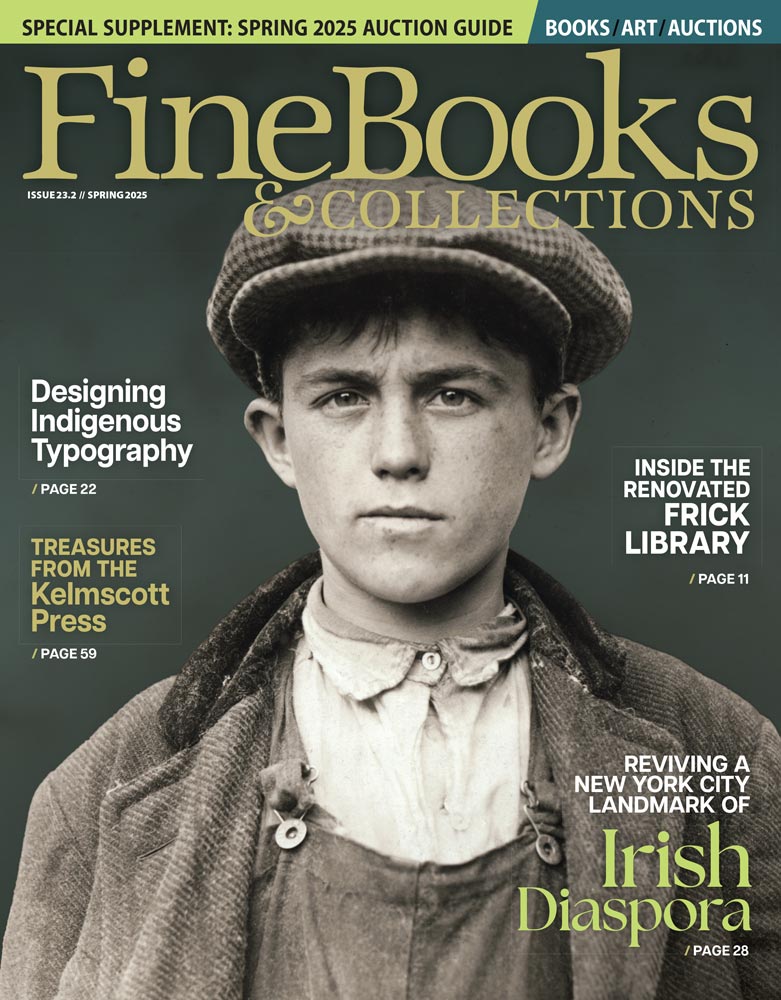Sixth grader Reagan Nelson wrote a letter to Laura Ingalls Wilder about almost dying when her house burned down, which happened before she almost got killed in a car wreck. She told the Little House on the Prairie author that she has found a way, as Wilder did, to look at such events as a blessing. Middle Schooler Stephen Hitchcock, meanwhile, wrote to Twenty Thousand Leagues Under The Sea author Jules Verne about his effort to understand and forgive bullies who pick on him.
I read the letters and thought I may soon be put out of a job by people who haven't even gotten a pimple yet. The Center for the Book in the Library of Congress read them and determined the Washington state students should win awards in the annual "Letters About Literature" contest that encourages young people to write letters to authors past or present. It promptly named Nelson as a national winner and Hitchcock as worthy of national honor. For her effort, Nelson earned a $500 gift certificate from Target, while the library of her choice will receive a $10,000 grant from the company.
If you read the letters from Nelson or Hitchcock, though, you'll quickly see they didn't write the letters because they wanted to make money. They wrote because they had important things to say.
Read the letters here: Letter by Reagan Nelson.doc and Letter by Stephen Hitchcock.doc
"Their maturity level is amazing," says Center for the Book spokesman Guy Lamolinara. "Their thoughts about what they're reading are deep and eloquent, and they did a wonderful job of sharing with the authors how their novels affected them."
Center for the Book founder and director John Y. Cole sees that connection as one of the great gifts that literature provides young readers.
"They write to the authors as a way of writing about their problems," Cole says. "That's how they relate to these books."
I, in turn, can well relate to the 70,000 students who participated in this contest. Just last year, I made my first trip to Concord, Massachusetts to visit Thoreau's cabin and his grave site. I wrote Thoreau a letter to thank him for the enormous impact he has made on my life.
I can't quite imagine how my life would have turned out with his guidance. One thing is for certain: Thoreau, especially in my early years, was someone with whom I could share my struggles and my dreams even when I wasn't comfortable talking to other people about them. Thoreau also challenged me to read at a higher level and to think more deeply about my life and the world around me.
I suspect that's exactly what the Center for the Book has in mind.
Coming Soon: A look at other "Letters" winners



